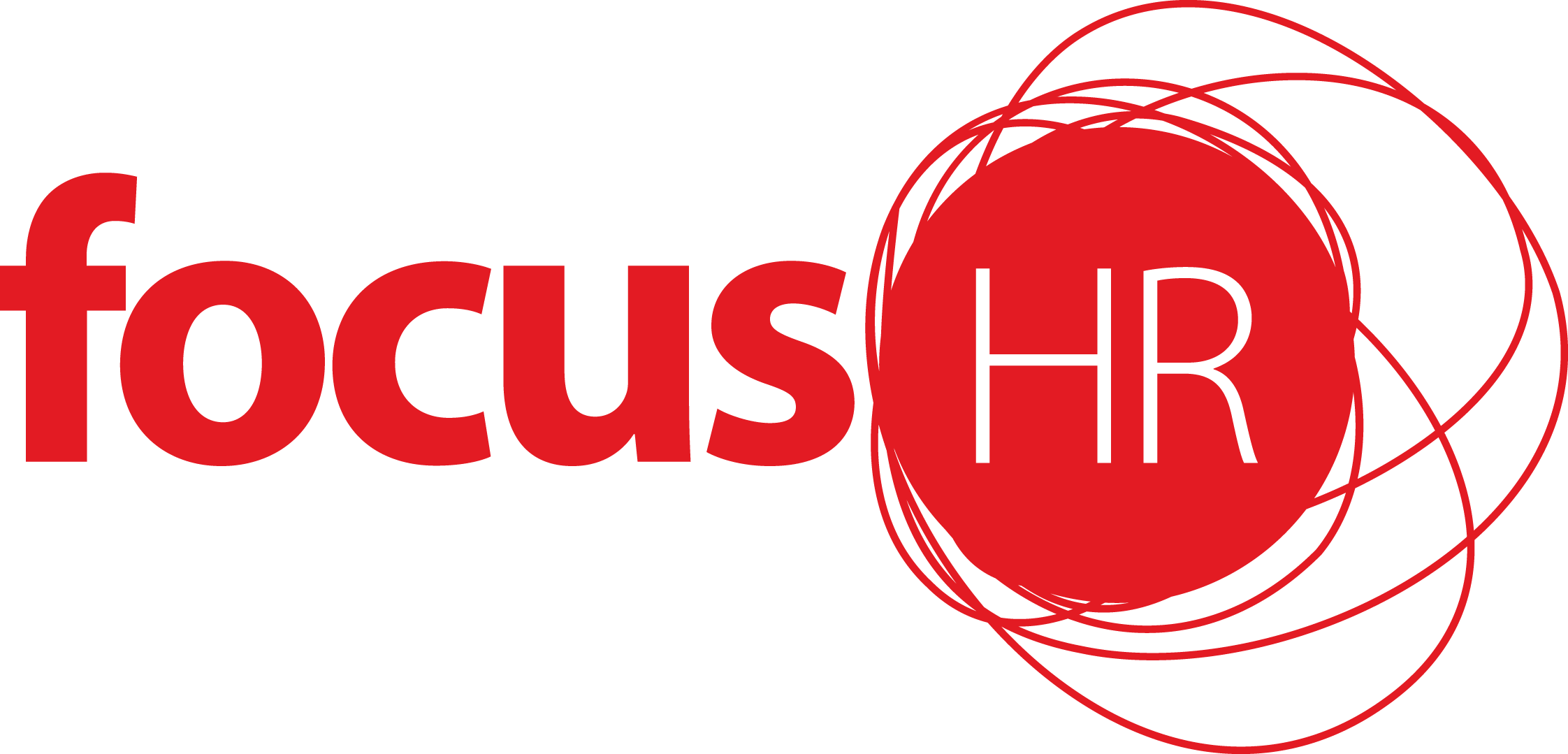The Respect at Work Bill has passed Parliament which means the new positive duty on employers to take reasonable and proportionate measures to eliminate sex discrimination, sexual harassment and victimisation is just around the corner.
Once the final step of being given royal assent occurs, new legislation will:
- explicitly prohibit conduct that subjects another person to sexual harassment, or a workplace environment that is hostile on the ground of sex;
- require employers and persons conducting a business or undertaking to take ‘reasonable and proportionate measures’ to eliminate, as far as possible, unlawful sex discrimination (including sexual harassment) and victimisation;
- give the Australian Human Rights Commission greater powers to enforce the new laws and inquire into systemic, unlawful discrimination including suspected systemic unlawful discrimination, namely unlawful discrimination that affects a group of people and is continuous, repetitive or forms a pattern;
- ensures there is a pathway for Australian Human Rights Commission matters to proceed to the courts;
It also includes greater clarity regarding costs for Australian Human Rights Commission matters and amends the objects of the Sex Discrimination Act to include the objective to achieve substantive equality between men and women.
The Australian Human Rights Commission has officially launched a new website Respect@Work | Respect@Work (respectatwork.gov.au) which contains information and resources for individuals and organisations.
Employers should proactively review their policies and procedures to ensure that they are prepared and have ‘reasonable and proportionate measures’ to eliminate, as far as possible, unlawful sex discrimination (including sexual harassment) and victimisation.
If you would like further information on these changes or you would like to discuss how we can support your business with complying with the Respect@Work changes, contact our team at Focus HR.
Pending Secure Pay and Better Jobs Bill
Due to pass Parliament on 1 December 2022, the pending Secure Pay and Better Jobs Bill will bring key reforms to the IR landscape. Many of the changes are designed to commence the day after royal assent and others will take place within 6 to 12 months.
In summary, the reforms to the Fair Work Act (FW Act) address:
- objectives of the Act expanded to include promotion of job security and gender equity
- enterprise bargaining (employers may be forced to participate in multi-employer bargaining)
- expanded scope for employees to make flexible work arrangement requests and further restrictions on the definition of ‘reasonable grounds’ for the business to refuse these requests
- limitations on fixed-term contracting (prohibitions on extending beyond 2 years except in a few, limited situations)
- prohibition of pay secrecy clauses in contracts and industrial instruments
- changes to the rules pertaining to the taking of industrial action (obligation to attend FWC mediation/conciliation before protected action is taken and broader powers for the FWC to intervene and make workplace determinations)
- overhaul of the Better Off Overall Test (BOOT) considerations with the BOOT becoming a more global assessment and take into account the views of the employer, employee and bargaining representatives (plus new provisions to apply for a reconsideration of the BOOT during the life of the EA)
- FWC ability to amend an Enterprise Agreement (EA) during the approval process
- expanded scope for the FWC to make Equal Remuneration Orders to facilitate gender-based pay equity
- sunsetting of ‘zombie’ Agreements made prior to December 2009, meaning agreements will cease to operate 12 months after the legislation is passed unless an extension is agreed to
- Increasing the barriers to terminate Agreements after the nominal expiry date with more criteria which the FWC needs to see satisfied
- abolition of the Australian Building & Construction Commission and establishing the National Construction Industry Forum
- the shift of the Registered Organisations Commission’s powers to the FWC
- Prohibitions on advertising positions at rates that are less than the applicable legislated minimum rate of pay
- expansion of the small claims process for hearing underpayment claims up to a value of $100,000
- Minor amendments to the anti-discrimination provisions including adding protected attributes (breast feeding, gender identity, intersex status)
These changes will require businesses to assess their current Agreements, contracts of employment, policies and general people practices.
If you would like further information on these changes or you would like to discuss how we can support your business with complying with these changes, contact our team at Focus HR.
We will be holding an information session in early 2023 on how employers need to respond to the changes, so please keep an eye out for your invitation to attend.

